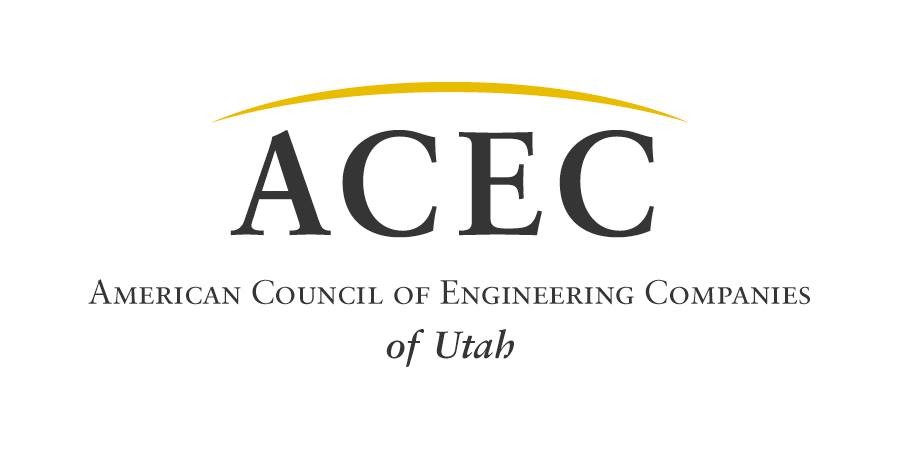Utah is facing an impending housing shortage. Here’s what’s being done about it.
For the first time in history, Utah has more residents that housing. Because of these statistics, housing prices have skyrocketed in the last year, according to a report from the Kem C. Gardner Policy Institute at the University of Utah.
 Although housing prices are rapidly rising, average income levels are not keeping up. The average rate of housing increase is about 3.32 percent while household incomes are only increasing by about 0.36 per year. If this trend were to continue over the next 26 years, the median price of a home in Salt Lake or the Provo-Orem areas would be $1.3 million. According to Envision Utah, “Your house may increase in value, but will your children be able to afford a home? How about the teachers, police officers, fire fighters, and nurses in your community? If that’s not enough to create concern, think about the impact on our economy.”
Although housing prices are rapidly rising, average income levels are not keeping up. The average rate of housing increase is about 3.32 percent while household incomes are only increasing by about 0.36 per year. If this trend were to continue over the next 26 years, the median price of a home in Salt Lake or the Provo-Orem areas would be $1.3 million. According to Envision Utah, “Your house may increase in value, but will your children be able to afford a home? How about the teachers, police officers, fire fighters, and nurses in your community? If that’s not enough to create concern, think about the impact on our economy.”
In fact, a new survey from Freddie Mac suggests that 78 percent of Americans find that renting is more affordable than owning a home. The number of rental properties in America has reached a three-decade high, meaning the average person has more opportunities to rent instead of owning a home.
To help combat this national shortage and avoid creating housing prices that are similar to cities like Los Angeles, Seattle and San Francisco, Utah organizations have proposed new ideas. For example, Envision Utah encourages citizens to attend local city council meetings to support the quick approval of “well-planned” housing projects (such as mixed-housing communities with proximity to public transportation, schools and parks).
Envision Utah isn’t the only organization getting involved. One of Utah’s largest home builders recently launched a new program that sets aside incentives for public service members (teachers, Veterans, first responders, etc.) and gives first-time home buyers priority to “affordable housing” throughout the state.
“In a climate of increasing housing prices and affordability challenges, we have a duty to those serving our communities and to assist them in becoming homeowners,” Clark Ivory, CEO of Ivory Homes told the Deseret News. “We are committed to helping address Utah’s housing affordability challenges by supporting our educators, public safety professionals, veterans, members of our military, and the construction tradespeople that build our homes.”
While the housing shortage in Utah is certainly a complex problem, collaborative and innovative solutions are possible as groups come together to address the challenges facing our communities.






